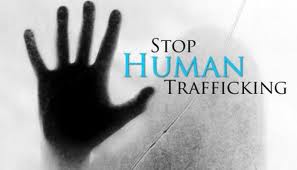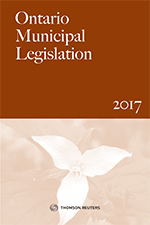
New Laws Fight Exploitation Through Increased Legal Protection and Awareness
Today, Ontario passed the Anti-Human Trafficking Act, 2017, which will increase protection for survivors of human trafficking and make it easier for survivors to pursue compensation.
The Act enables people affected by human trafficking (including people who have been trafficked, or are at risk of being trafficked) to apply for a restraining order to protect themselves or their children from traffickers. It also makes it possible for survivors to sue their traffickers for compensation through civil court in order to help survivors restore and rebuild their lives.
The Act also proclaims February 22 of each year as Human Trafficking Awareness Day in Ontario, to build public focus on this deplorable crime and promote the many community efforts underway to counter trafficking in the province.
Passing legislation that puts more control in the hands of human trafficking survivors is part of Ontario’s Strategy to End Human Trafficking, which aims to increase awareness and coordination, enhance justice-sector initiatives, and improve survivors’ access to services. Supporting survivors and protecting those at risk of trafficking is a part of the government’s vision to ensure that everyone in the province can live in safety — free from the threat, fear or experience of exploitation and violence.
Quick Facts
- Ontario is a major centre for human trafficking in Canada, accounting for roughly 69 per cent of police-reported cases nationally in 2015.
- In Ontario, approximately 70 per cent of known cases of human trafficking are related to sexual exploitation.
- Ontario’s Anti-Human Trafficking Coordination Office ensures ongoing collaboration and coordination among ten government ministries as well as partners and community organizations throughout the province.
- In addition to new legislation, recent regulatory changes allow survivors to sue convicted traffickers for emotional distress, and allow organizations that support survivors of trafficking to apply for grants under Ontario’s Civil Remedies Act, 2001 to help fund projects that assist victims and prevent unlawful activity that leads to victimization.
Photo from: www.foreignpolicyblogs.com




Leave a Reply